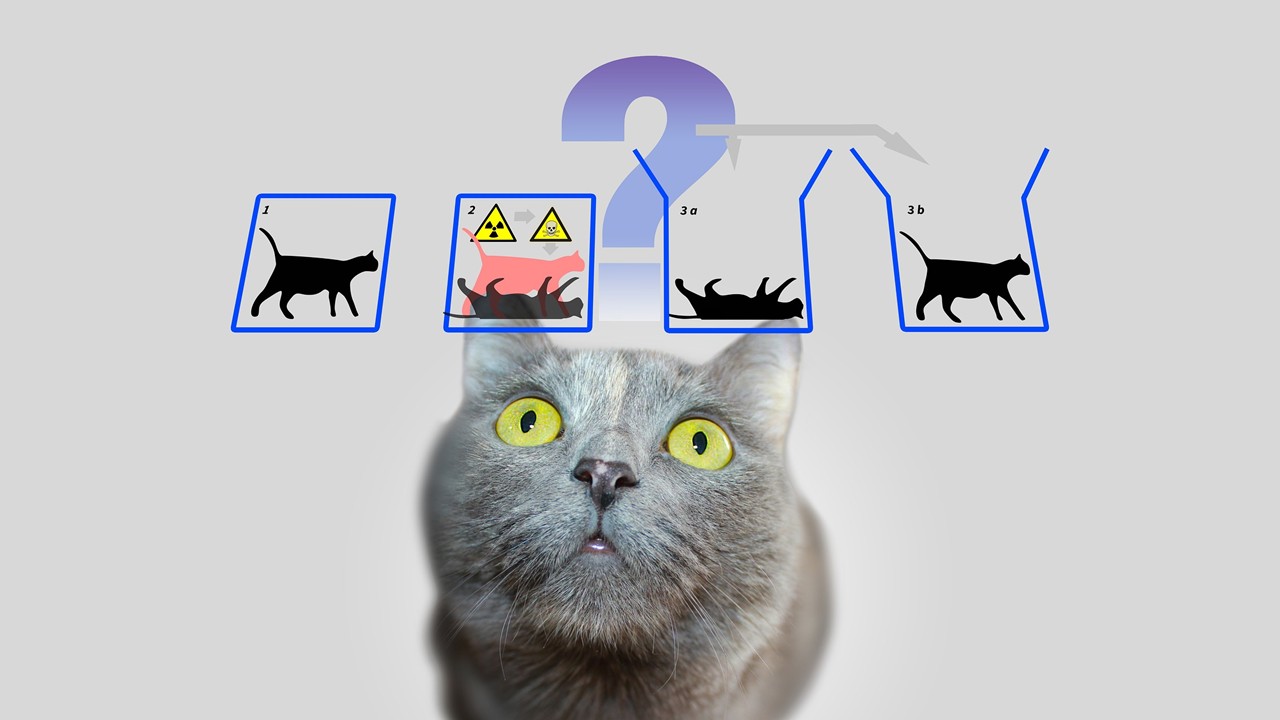
Albert Einstein is widely regarded as the greatest physicist of all time. Einstein won the Nobel Prize in 1921 for explaining the photoelectric effect - using Planck's quantum theory. But many argue (rightly) that he deserved a few more Nobel Prizes for works such as relativity, Bose Einstein condensate, etc.
However, there were times when even the genius of Einstein failed to comprehend the complexity of the universe. Einstein's debate with Niels Bohr are still remembered for how wrong Einstein's stance was on the uncertainty principle by Heisenberg. Till the end of his life, Einstein never made peace with the cornerstone of quantum mechanics.
Following are 10 notable times Albert Einstein was “wrong” (or
at least incomplete) in physics - not in a mocking sense, but in the very
human way. The lesson here is that even Einstein was wrong on many occasions so don't beat yourself up in life!
1. Cosmological Constant (his “biggest blunder”)
Einstein added a term (Λ) to his equations to force a static
universe, because he believed the universe couldn’t be expanding. Later, Edwin Hubble showed the universe is expanding. Einstein visited Hubble's observatory to confirm the discovery himself. Ironically, his biggest blunder Λ came back decades later as dark energy.
2. Rejection of Quantum Indeterminacy
Einstein hated the idea that nature is fundamentally probabilistic. His famous line - God does not play dice with the universe, confirmed Einstein's opposition to the growing interest in quantum mechanics. Bohr famously replied to Einstein - Don't tell God what to do. And experiments later proved that quantum randomness is real, not just due to hidden ignorance.
3. Opposition to the Copenhagen Interpretation
Einstein strongly opposed Bohr’s Copenhagen
interpretation, which says that tiny particles (like electrons) exist in a fuzzy mix of all possible states (like being in many places at one time) until we measure or observe them. The act of observing forces them to "pick" or "collapse" to just one state. Modern quantum mechanics overwhelmingly supports Bohr, not Einstein.

4. Hidden Variables Belief
Einstein was looking for the ultimate theory, the theory of everything being his life goal. He believed that quantum mechanics must be incomplete and
that hidden variables would restore determinism. Bell’s Theorem and later experiments (Aspect, Zeilinger, etc.) ruled out
local hidden-variable theories.
5. Disbelief in Quantum Entanglement
Quantum entanglement is when two or more tiny particles get linked, sharing the same fate no matter how far apart they are. Einstein called entanglement: “Spooky action at a distance”. He believed it showed quantum theory was flawed. Today, entanglement is experimentally verified and used in quantum computing and cryptography.
6. Incorrect Prediction About Gravitational Waves (Initially)
Einstein first predicted gravitational waves (1916), then
later doubted their existence, publishing a paper arguing they weren’t
real. Einstein thought that gravitational waves were merely mathematical artifacts or too weak to detect. He eventually corrected himself and in 2015, LIGO directly detected them.
7. Resistance to Black Holes
Einstein was skeptical that real objects, that too stars way more massive than the Sun, could collapse into
singularities. He even wrote a paper arguing black holes wouldn’t form in reality. Today, black holes are directly observed, including the first image
in 2019.
8. Dismissal of Quantum Field Theory’s Direction
Einstein never fully accepted or contributed meaningfully to quantum field theory, which became the backbone of modern particle physics (Standard Model).
9. Unified Field Theory Failure
In order to find theory of everything, Einstein spent the last ~30 years of his life trying to unify gravity and electromagnetism. He failed, and his approach turned out to be mathematically elegant but physically unproductive.
10. Underestimating the Practical Impact of Nuclear Energy
Einstein initially believed nuclear energy would remain
theoretical. Gradually he came to realize with the advent of world wars that nuclear energy could be detrimental for the world. Einstein himself admitted he had underestimated its real-world implications and wrote a letter to Roosevelt not to create atomic weapons.

















 Physics, astronomy and science history blog for students
Physics, astronomy and science history blog for students